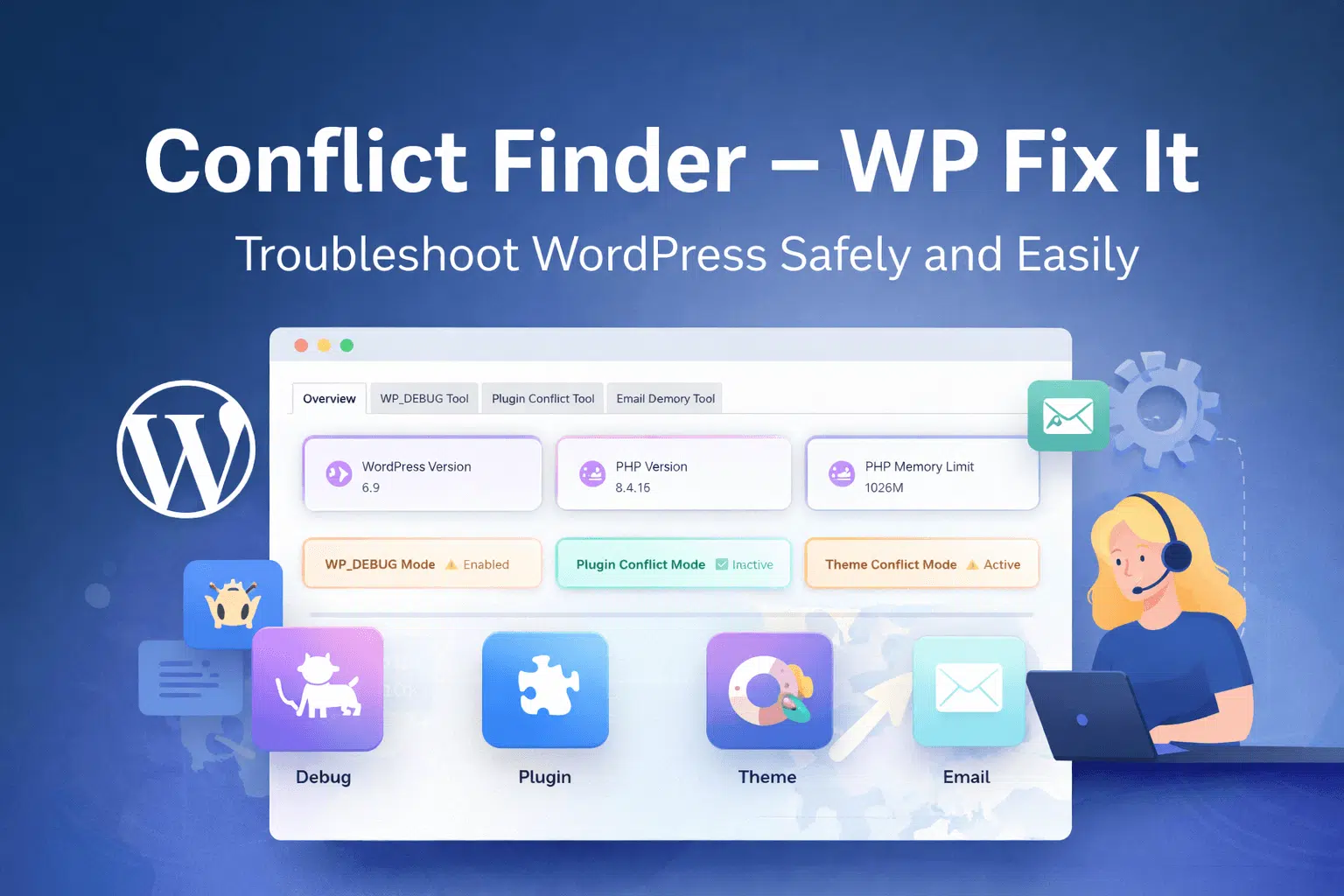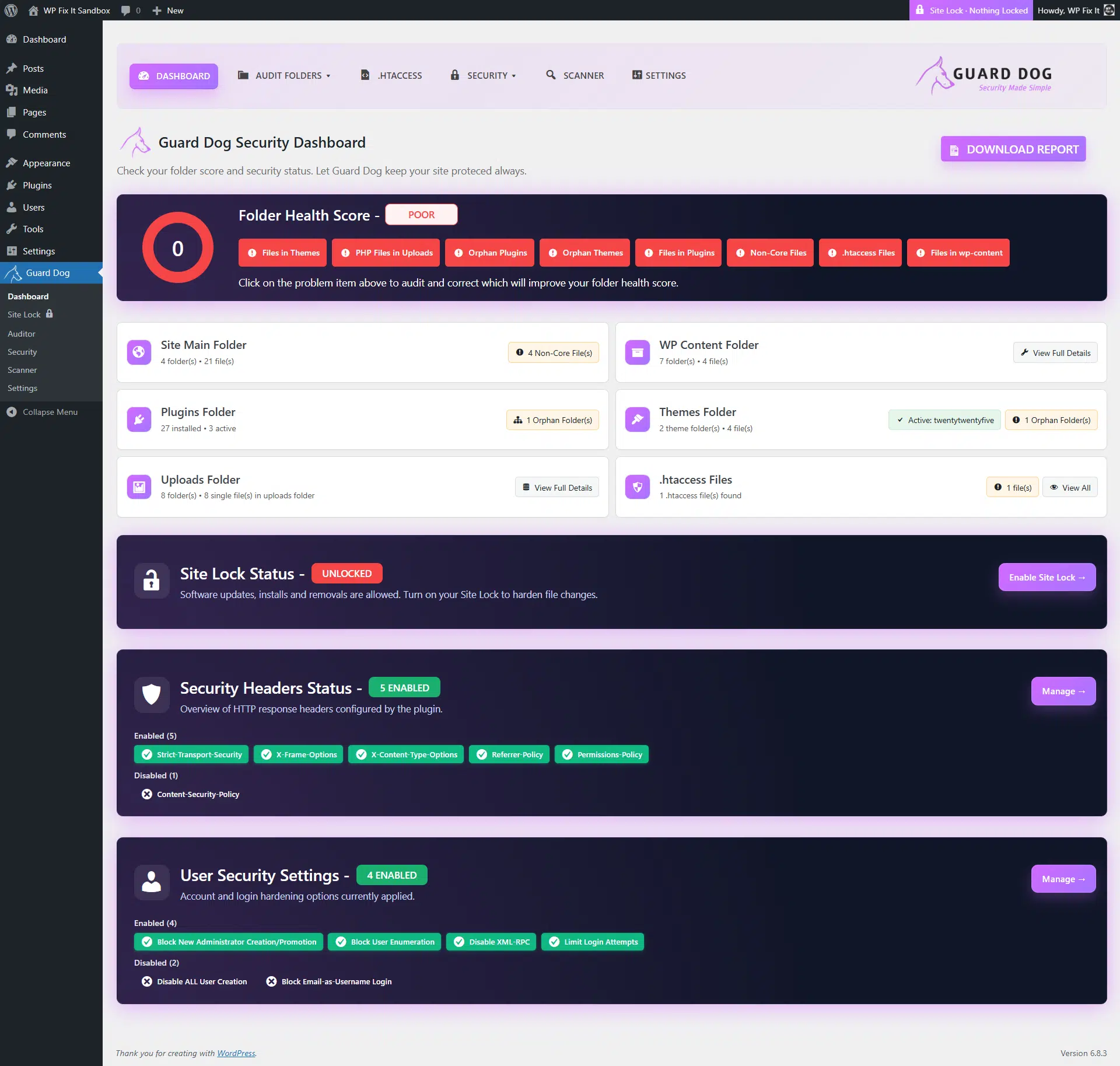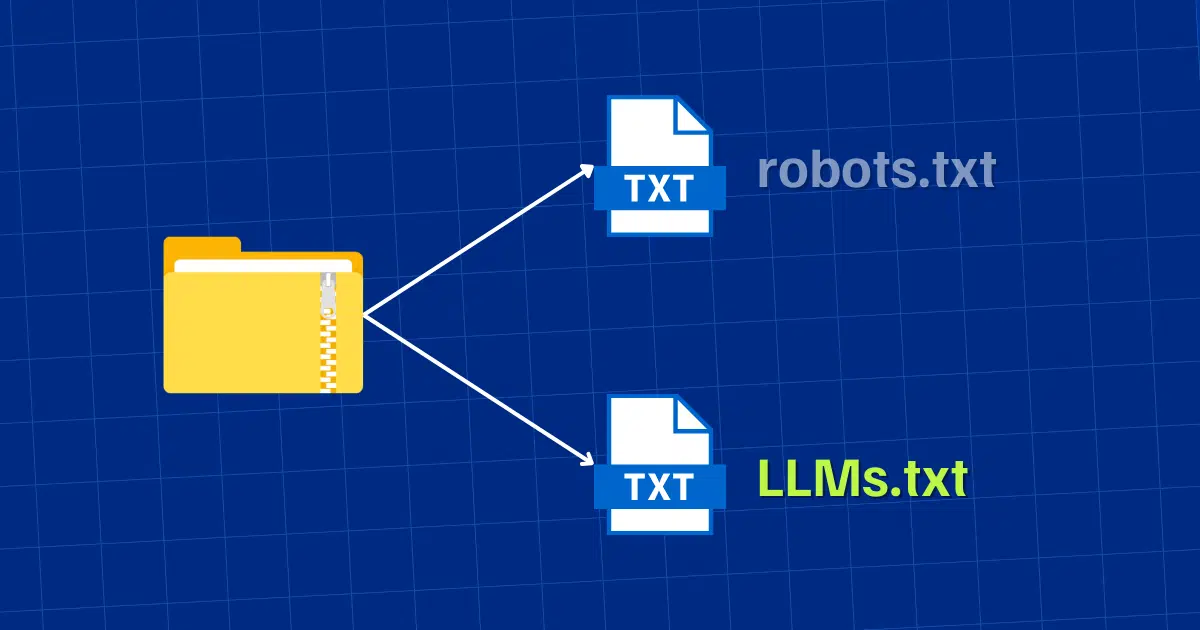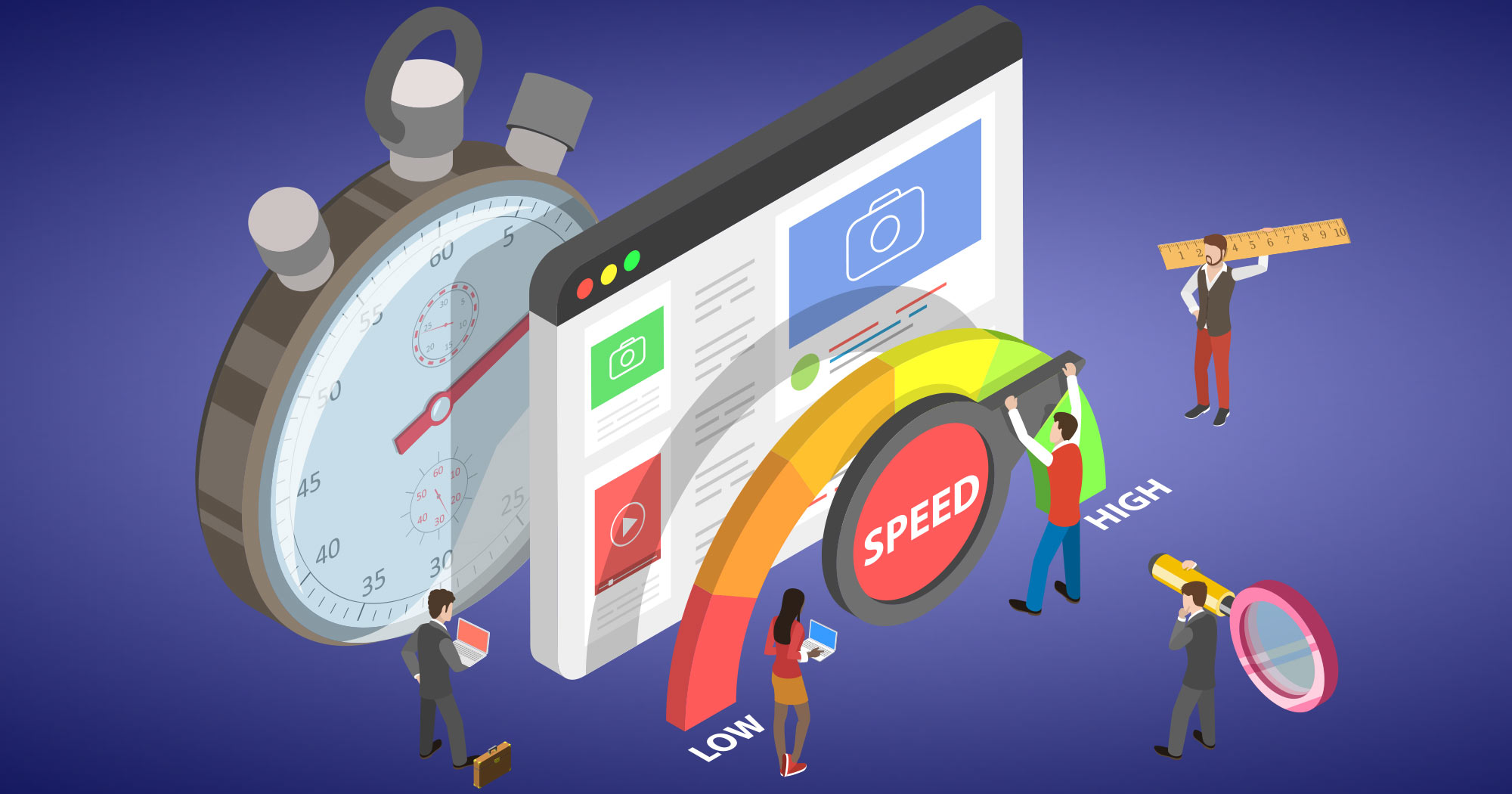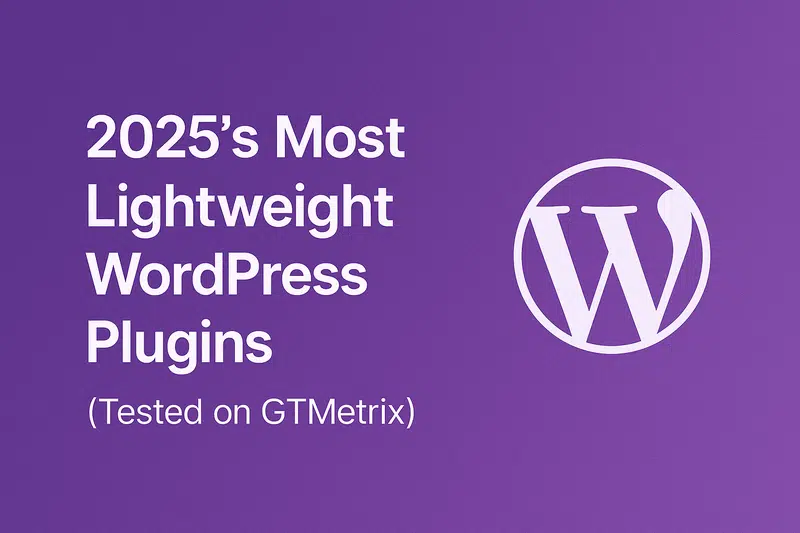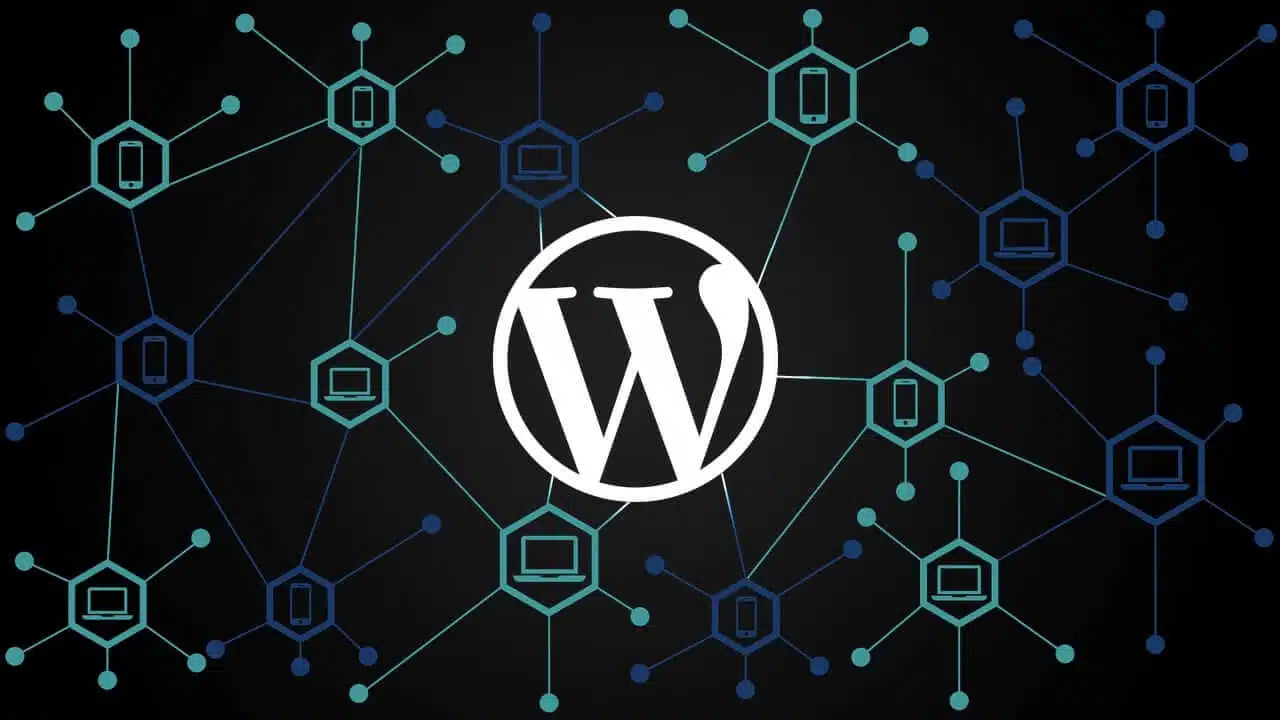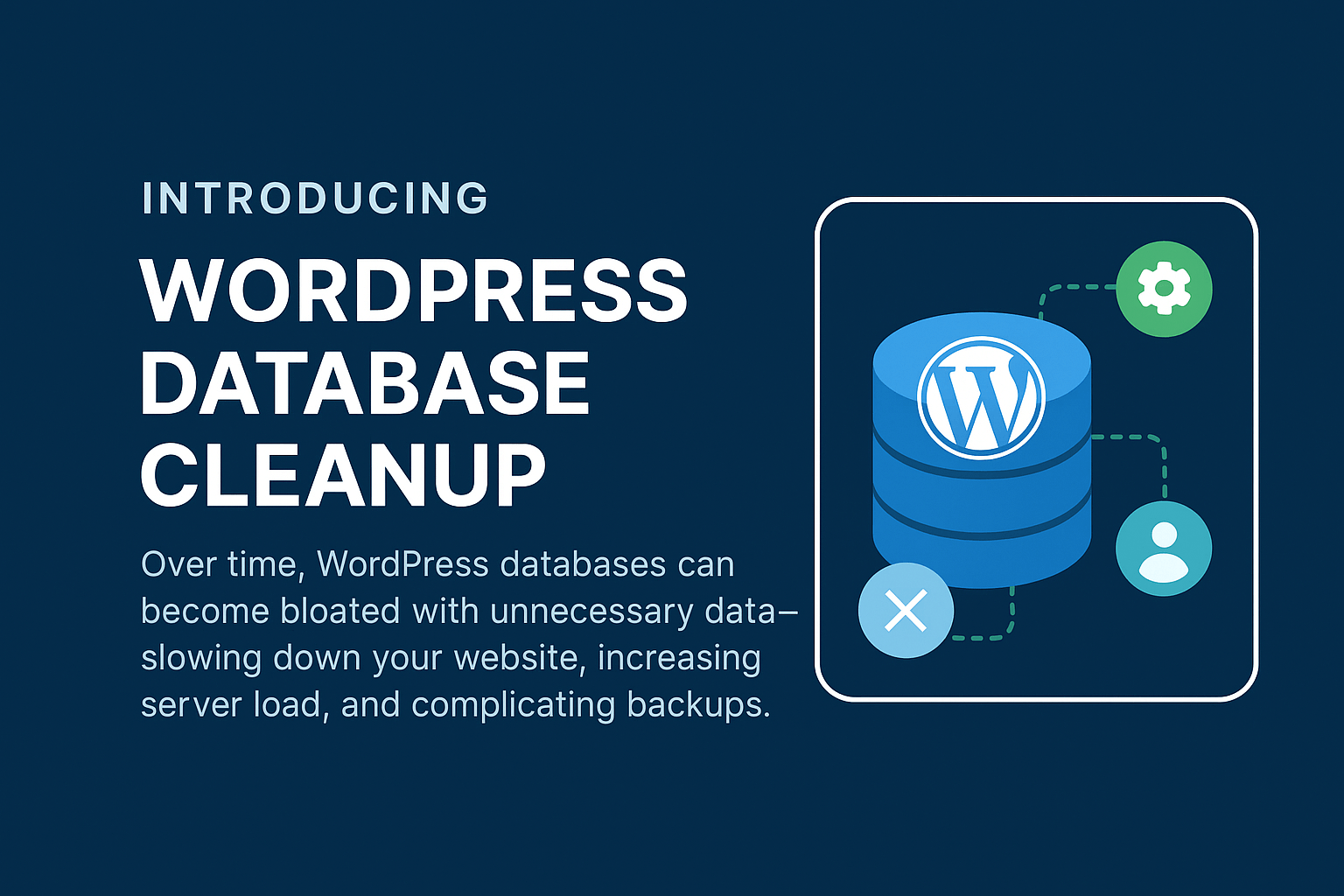Ready for some easy to integrate WordPress Security Tips?
The world has been witnessing the popularity of the WordPress for the last fifteen years due to its numerous characteristics. However, as we know every technology comes with its leaps and bounds so the WordPress too.
Despite having numerous features like search engine friendly, simple hosting, affordable experts, open source CMS, number of plugins and themes, several risks are involved in running a WordPress website.
A few risks that are involved in WordPress sites are described below:
How do WordPress websites get compromised?
Before applying any security approaches, initially you need to know that how your site gets hacked. By doing this, you come to know about the weaken areas and where to take preventive measures to protect them. According to the recent studies, the main ways of hacking attempts are rationalized below:
- 29% through vulnerable WordPress themes
- 41% came via a vulnerability in the hosting platform
- 8% of hacking were done through a pathetic login information
- 22% were threatened via the security issues of the WordPress plugins
A few WordPress security tips to keep your site secure
The basic security measures help to protect your website for a long way from most attacks. The most common are as follows:
1. Keep Your Computer Safe – WordPress Security Tips
You can use following security guidelines to make your computer secure:
- Install high quality virus and malware scanner on your computer for regular scans.
- Set up a quality firewall on the computer as well as on your WordPress website to safeguard from online threats like malware, viruses, hacker attacks, etc.
- WordPress improves with every new release, so always update your WordPress with its new updates and security plugins, as it performs blacklist monitoring, file scanning, security hardening, active security monitoring, malware scanning, post-hack actions and many more activities to secure your website.
- Never use public wifi, as your credentials could be tracked.
- Always use FTPS (File Transfer Protocol Secure) when accessing your web server, because the unsecured FTP causes your link being monitored.
2. Strengthen Your Login Information – WordPress Security Tips
Using a secure login information keeps you away from online threats. Hackers have advanced technology to crack difficult passwords and they try over hundred times with diverse username/password combinations to hack an account. So follow the below steps:
- Don’t use the admin username: Most of the admin is used default username for the administrator which could be hacked easily. So do not use it.
- Have a separate publishing account: It is advised to use separate accounts for administration and content publishing as the username usually shows up in the author archive URL if the articles is published through admin account.
- Choose a strong password: the stronger your password is, there are fewer chances to be hacked. So use numeric, special characters and a combination of capital and lower letters make your password stronger.
3. Use SSL Certificate – WordPress Security Tips
SSL (Secure Sockets Layer) is used to protect visitor’s information of your websites. The SSL creates an encrypted link between a web server and a browser which guarantees that all information transferred between both ends (server and user) remain private and integral.
If you want to establish a secure connection between your website and your client, you need to install an SSL Certificate on your web server. However, the selection of right SSL type is must for high level of security. SSL has many types as follows:
- Single SSL: Single SSL certificate is installed to confirm the identity of the domain name for example www.mydomain.com that is operating the web site, encrypts all data between the server and the visitors, also guarantees the integrity of the transmitted data.
- Multi Domain SSL Certificate: A Multi Domain SSL Certificate is used to secure multiple domain names with a single certificate. For instance, you got a multi domain SSL certificate for mydomain.com, and then the same certificate protects mydomain.net, mydomain.org and even yourdomain.com.
- Wildcard SSL: A Wildcard SSL Certificate is installed to secure multiple sub-domains with just a single certificate. If you have only one website then wildcard certificate is considered more logical than a Multi Domain SSL Certificate, as it allows for indefinite sub-domains and you do not require describing during purchase. For example: This certificate can be used for the domain name mydomain.com, my.mydomain.com, my1.mydomain.com and any other sub-domain and no reissue required.
4. Implement Two-factor Authentication – WordPress Security Tips
In two-factor authentication, usually extra steps are taken to log into your site like entering extra code that is delivered to the user’s phone, it prevents from automatic attacks. OpenID, Duo Two-Factor Authentication or WP Security Question plugins might be used to implement this Authentication
5. Protect Important Files from Access – WordPress Security Tips
The wp-config.php file is one of the most vulnerable files on your site that host crucial data and information about the entire WordPress installation. When it is miss used, you won’t be able to use your website.
<FilesMatch "^.*(error_log|wp-config\.php|php.ini|\.[hH][tT][aApP].*)$"> Order deny,allow Deny from all </FilesMatch>
6. Backup your site regularly – WordPress Security Tips
All the above basic precautions must to keep, despite theses security measures miss happening can occur any time, so always ensure to have a fresh backup at hand for extra insurance. All hosting providers don’t provide auto backup. You can take backup of your site with help of plugins and without plugins.
Having a reliable backup is the best thing you can do for your WordPress-based business. Anything can happen at any time, but with backups in place, you will avoid unwanted hassle. Just hit restore, and you’re back in business.
7. Ensure Regular Backups – WordPress Security Tips
The best security you have against WordPress hack attacks is a good backup. Make sure you’re taking backups of your site on a regular basis. This way, if your website is hacked you have your all site data and can restore things immediately.
Here are some of the best WordPress backup plugins:
- UpdraftPlus
- BackUpWordPress
- VaultPress
- BackupBuddy
Your turn now :
Of course, you shouldn’t ignore basic security tips like not keeping computer safe, missing SSL certificate, having a strong password, updating your WordPress installation & plugins regularly, etc. We hope this article helped you learn the top WordPress security best practices.






